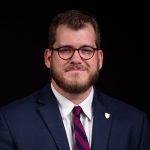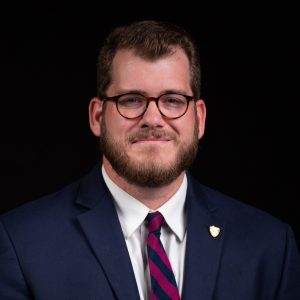Unity is a thing to be maintained. Ephesians 4:3 says to be “eager to maintain the unity of the Spirit.” Unity must be kept, preserved, and guarded. If you kick your feet up on this one and just go with the flow, you will find yourself in a divided kingdom fast quick and in a hurry. Here are six tools for the task of maintaining church unity.
- Be ruthlessly biblical. Maintain church unity without the Bible? A ship lost at sea has a better chance of finding the harbor without a compass. Surely we need love. But the Bible determines the meaning of love. Surely we need forgiveness. But Scripture details what forgiveness looks like. Undoubtedly we need the Spirit, but He will not slay disunity without His Sword. Does Jesus have an opinion about the situation at hand? If He does, then let us stand with Him. If Christ has not sounded forth clearly on the issue, then why all the fuss? The 1689 Confession emphasizes the authority and sufficiency of Scripture by saying, “The supreme judge, by which all controversies of religion are to be determined… and in whose sentence we are to rest, can be no other but the Holy Scripture” (1.10).
- Cultivate an understanding of the privileges and responsibilities of church membership. The 1689 Baptist Confession says this of believers: “Being united to one another in love, they have communion in each others gifts and graces, and are obliged to the performance of such duties, public and private, in an orderly way, as do conduce to their mutual good” (27.1). Do the members of your church understand they have the privilege and responsibility of caring for the other members? Do they see that they have received this duty directly from the hand of their Savior?
- Tell your brother his fault if he sins against you. Don’t tell others his fault. Don’t post the biblical principle he missed on Facebook. Tell him his fault (Matthew 18:15-17). It takes courage to go to someone when wrongdoing occurs. The easy thing to do is walk away. This is especially the case when the first or second go at conflict resolution fails. The 1689 Baptist Confession provides counsel for what we ought to do in such situations: “No church members, upon any offence taken by them, having performed their duty required of them towards the person they are offended at, ought to disturb any church-order, or absent themselves from the assemblies of the church, or administration of any ordinances, upon the account of such offence at any of their fellow members, but to wait upon Christ, in the further proceeding of the church” (26.13).
- Be slow to speak. The problem with being quick to speak is not that you will say things you don’t mean. The problem is that you will say things you do mean. And the things you say will likely be ungodly and wrong. We ought to be slow to speak our mind and careful when drawing conclusions. If we hastily embrace conclusions about another brother, sister, or church, then we will begin to find all sorts of supports for our conclusions. We will find other examples of our complaint from the quick words of Mr. Talkative and his dear wife Mrs. Speak-a-Lot.
- Pay close attention to the law. Don’t put a should where God has not. Much of our disunity comes from people not living up to our standards. But are our standards His standards? Careful attention to the law also helps us respond appropriately to various sins. Every sin is evil. Every sin can send us to hell. But not every sin is equally grievous or harmful. Moral equivalency is the death knell to church unity.
- Pay close attention to the gospel. The gospel lifts our eyes up from the mess we have made to Christ. The kindness of the Lord leads us to repentance. The righteous life, death, and resurrection of Jesus enables us to forgive each other and persevere for Christ’s sake. This gospel focus ensures that our unity is church unity for J. C. Ryle was right, “Unity without the gospel is a worthless unity; it is the very unity of hell.”



























